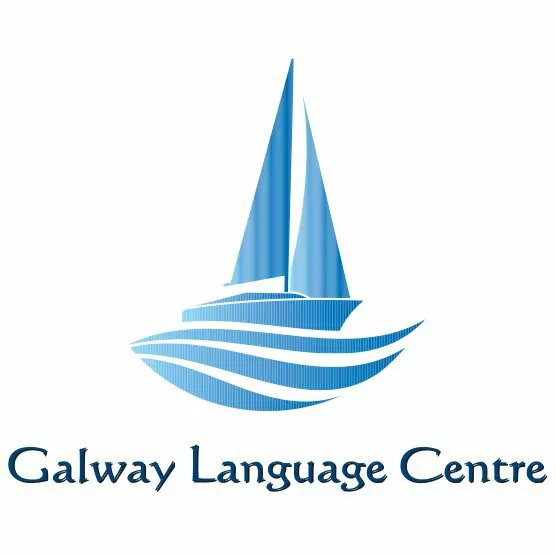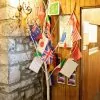Teaching within the English as a Second Language (ESL) classroom has undoubtedly changed over time. While certain academic challenges remain a constant over time, there are also new challenges faced by teachers which we as educators must acknowledge and overcome to ensure academic and social barriers are broken down and international communities of learners in classrooms have an opportunity to learn and interact. Erasmus funded courses provide opportunities for learners to come together from different countries to support and learn form each other.
Take for instance the area of online learning and the digital transformation of the language classroom. Even now, just a few short years since the pandemic changed the way we work forever, it is almost hard to imagine just how primitive online learning was before this event forced us to change the way we look at modern English teaching. For teachers who have been in the industry for many years this challenge is all the greater, as they need to change their own fossilised habits to ensure the same levels of academic rigour can be upheld irrespective of the method of learning and the social inclusion for all in the language classroom is promoted.
On the other hand, for newer teachers, a common academic challenge they must overcome is how to teach grammar. Even in its most basic form, grammar can be a barrier new teachers must overcome. This becomes all the more apparent the higher the level the class is, with at a certain point many inexperienced teachers feeling the students have a better grounding in English grammar than they do themselves. This stems from the way an individual’s native language L1 is learned, with English speaking countries often tending to focus less on the grammatical aspects of their own language compared to other countries. Improvements in this area may not only improve English speakers understanding of their own language but make learning other foreign languages more accessible to everyone and promote inclusion in its best forms.






